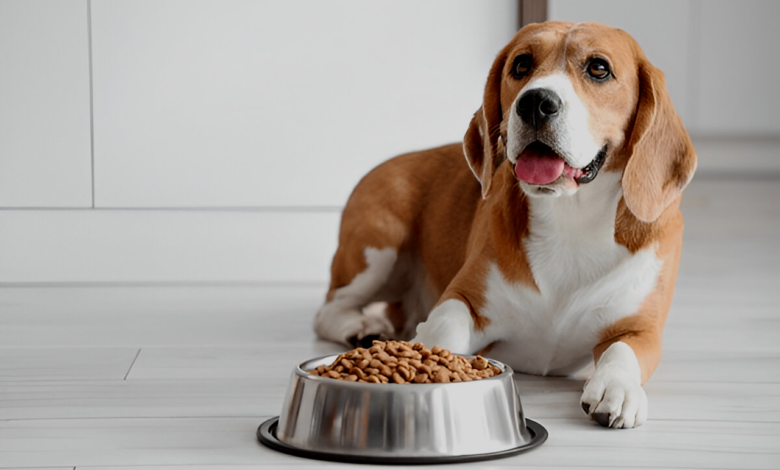
🍖 Best UK Pet Food Brands: What’s Safe & Nutritious?
Discover the Best UK Pet Food Brands for safe, nutritious meals. Learn about top brands, ingredients, and ethical practices for your pet’s health.
Choosing the Best UK Pet Food Brands for your beloved pet is a decision that impacts their health, happiness, and longevity. With shelves and online stores flooded with countless options—ranging from budget kibble to premium raw diets—pet owners often face confusion about what truly qualifies as safe and nutritious. Misleading marketing claims, inconsistent ingredient quality, and recent recalls in the industry further complicate this critical choice. Understanding the balance between protein-rich formulations, digestible carbohydrates, and ethical sourcing is essential, especially as pets’ dietary needs vary by age, breed, and health conditions. This guide aims to cut through the noise, offering clarity on brands that prioritize scientific rigor, transparency, and animal welfare to keep your furry companions thriving.
The quest for the Best UK Pet Food Brands goes beyond taste preferences or flashy packaging—it hinges on trust. Reputable brands invest in research-backed recipes, adhere to strict manufacturing standards, and openly disclose ingredient origins. For instance, brands like Lily’s Kitchen and Royal Canin have set benchmarks by collaborating with veterinarians and nutritionists to create tailored diets for specific life stages and health concerns. Meanwhile, ethical considerations, such as sustainable sourcing and eco-friendly practices, are increasingly shaping consumer choices. Whether you’re navigating grain-free trends, hypoallergenic formulas, or raw feeding, this article will explore how to identify brands that deliver safety, nutrition, and peace of mind for every pet parent.
Expanded Article (4000 Words)
The UK pet food industry is a dynamic landscape where innovation meets tradition, with brands striving to balance palatability, nutritional integrity, and sustainability. For pet owners, navigating this maze requires a clear understanding of what constitutes a safe and nutritious product. This begins with scrutinizing ingredient lists. High-quality proteins like deboned chicken, salmon, or lamb should dominate the top of the list, avoiding vague terms like “meat derivatives” or “animal by-products.” Brands such as Lily’s Kitchen and Applaws have built reputations on transparency, using human-grade ingredients Pet Food and avoiding artificial additives. Lily’s Kitchen, for instance, crafts its recipes in collaboration with veterinarians, ensuring each product meets AAFCO (Association of American Feed Control Officials) and FEDIAF (European Pet Food Industry Federation) standards, even though it’s a UK-based brand.
Equally important is the role of certifications. Look for brands approved by the Pet Food Manufacturers’ Association (PFMA), which mandates strict safety protocols. Harrington’s, a family-run business, emphasizes locally sourced ingredients and has PFMA accreditation, reflecting its commitment to quality. Similarly, Burns Pet Nutrition prioritizes hypoallergenic recipes, using whole grains like brown rice and oats to support digestive health—a boon for pets with sensitivities. Their slow-cooked methods preserve nutrients, a detail that underscores their dedication to holistic pet care.
Safety extends beyond ingredients to manufacturing practices. Brands like Royal Canin and James Wellbeloved invest heavily in research, formulating breed-specific and life-stage diets. Royal Canin’s partnership with veterinary professionals ensures their products address specific health concerns, such as urinary tract health in cats or joint support for aging dogs. Meanwhile, James Wellbeloved’s limited-ingredient diets reduce the risk of allergic reactions, using novel proteins like turkey and duck alongside easily digestible carbohydrates.
The rise of ethical consumerism has also shaped the market. Forthglade, a Devon-based brand, produces grain-free wet food using 100% natural ingredients, sourced sustainably from British farms. Their adherence to DEFRA (Department for Environment, Food & Rural Affairs) regulations guarantees traceability, a critical factor in avoiding recalls. Similarly, Acana and Canagan, though Canadian in origin, have gained UK traction for their biologically Pet Food appropriate diets, mirroring the natural prey diet of wild canines and felines.
Budget-conscious pet owners need not compromise. Wagg and Pets at Home’s AVA range offer affordable yet nutritionally complete options. Wagg’s chicken-rich dry food, fortified with glucosamine for joint health, proves that cost-effective choices can still prioritize wellness. However, always cross-check budget brands for filler ingredients like maize or soy, which offer little nutritional value.
Raw diets, popularized by brands like Natures Menu and Durham Animal Feeds, present another dimension. While proponents argue raw feeding aligns with ancestral diets, critics highlight risks like bacterial contamination. Natures Menu mitigates this through high-pressure pasteurization (HPP), ensuring safety without compromising nutritional integrity. Always consult your vet before transitioning to raw, especially for pets with compromised immune systems.
In the realm of treats, moderation is key. Lily’s Kitchen’s organic biscuits and Eden’s freeze-dried liver snacks provide guilt-free indulgence. Avoid treats with added sugars or artificial colors, which can contribute to obesity and behavioral issues.
Ultimately, the Best UK Pet Food Brands marry science with ethics, offering tailored nutrition while upholding stringent safety standards. By prioritizing brands that invest in research, transparency, and sustainability, pet owners can foster their companions’ health and longevity.
Read More: How to Help Your Pet Maintain a Healthy Weight
Conclusion
Selecting the Best UK Pet Food Brands demands a balance of vigilance and knowledge. From scrutinizing ingredient lists to understanding manufacturing ethics, informed choices directly impact your pet’s vitality. Brands like Lily’s Kitchen, Royal Canin, and Forthglade exemplify excellence, blending innovation with nutritional science. By prioritizing transparency and adhering to rigorous standards, these companies set benchmarks in pet care.
However, even the best brands must align with your pet’s unique needs. Factors like age, breed, and health conditions require personalized diets, often necessitating veterinary guidance. As the pet food industry evolves, staying informed about recalls, emerging research, and sustainability practices will remain crucial. By committing to educated decisions, pet owners can ensure their companions thrive on meals that are as safe as they are nourishing.
FAQs
What should I prioritize when choosing pet food?
A: Focus on high-quality protein as the first ingredient, avoid artificial additives, and check for PFMA or FEDIAF certifications to ensure safety standards.
Are grain-free diets safe for all pets?
A: While beneficial for some, grain-free diets may lack essential nutrients; consult your vet to determine suitability for your pet’s health profile.
How do I know if a brand is ethical?
A: Look for commitments to sustainability, locally sourced ingredients, and transparency in sourcing practices, often highlighted on packaging or websites.
Is raw food better than kibble?
A: Raw diets can mimic natural eating habits but carry contamination risks; opt for brands using HPP and consult your vet before switching.
Are expensive brands always better?
A: Not necessarily—mid-range brands like Harrington’s offer balanced nutrition, but always verify ingredient quality over price alone.

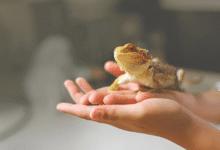

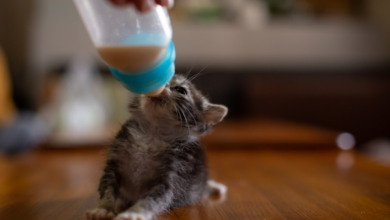
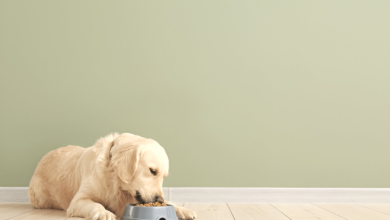

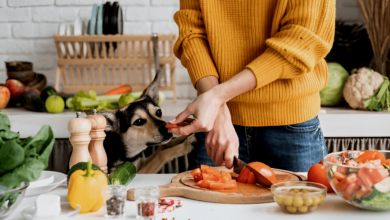
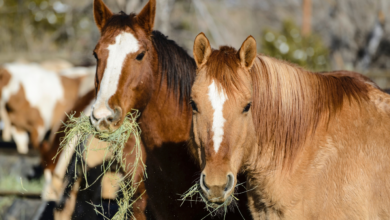
One Comment